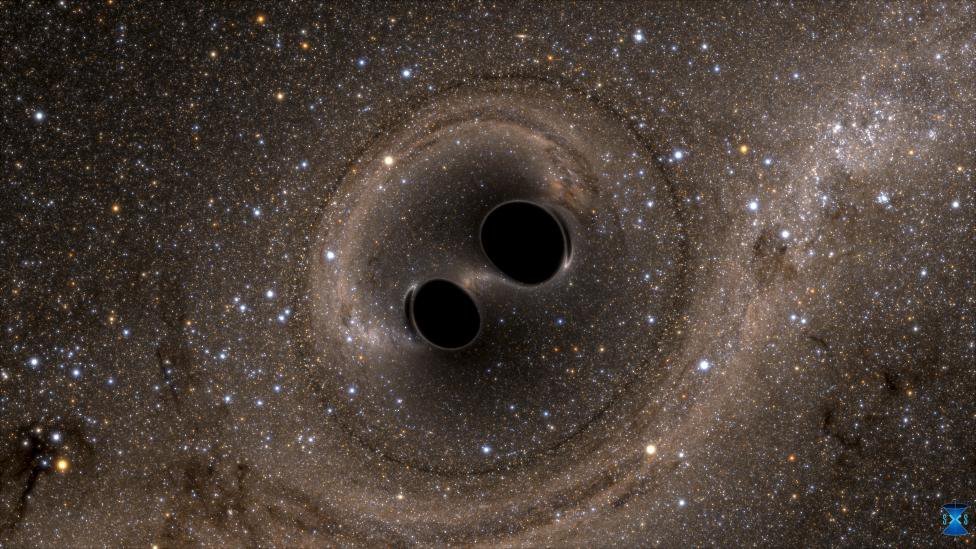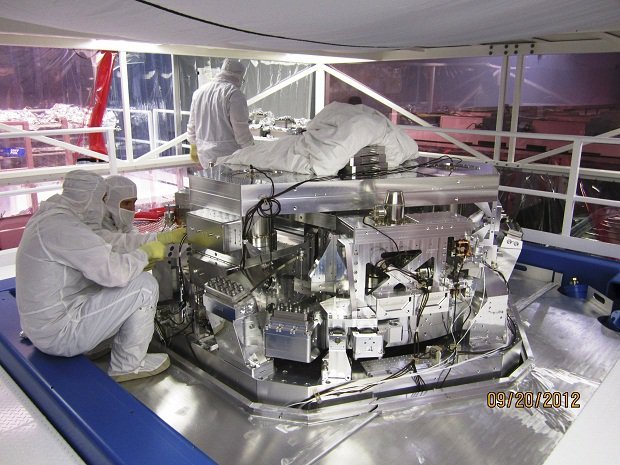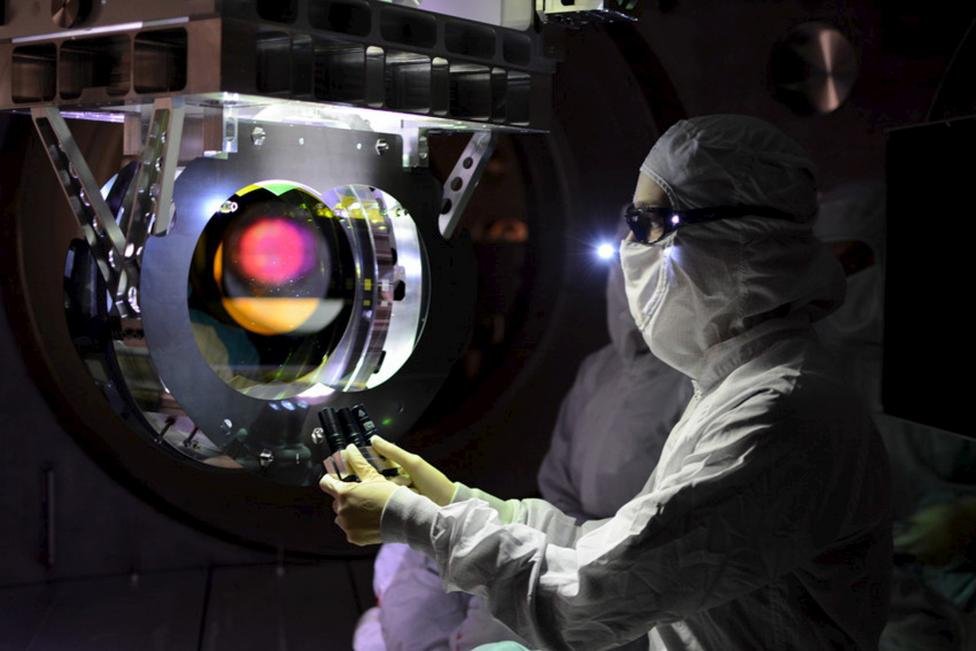The detection of gravitational waves, hypothesized by Albert Einstein over 100 years ago has taken the science world by storm.

This breakthrough has been hailed as a landmark discovery which, according to scientists, will open up new avenues for studying the cosmos. But lest we forget, the significant contribution of Indian scientists made this decade-long historic search possible. India’s PM, Narendra Modi, took to Twitter to hail the work of these scientists whose relentless efforts made this discovery attainable.
Historic detection of gravitational waves opens up new frontier for understanding of universe!
— Narendra Modi (@narendramodi) February 11, 2016
Immensely proud that Indian scientists played an important role in this challenging quest.
— Narendra Modi (@narendramodi) February 11, 2016
Around 37 Indians were part of a 1,000-strong team of researchers from 15 countries led by scientists at the California Institute of Technology and the Massachusetts Institute of Technology, who made the discovery using detectors at the Laser Interferometer Gravitational-Wave Observatory, or LIGO. These scientists, who worked at the top research centres and labs in Mumbai, Pune and Bengaluru, provided crucial research for the worldwide experiment.

Nearly a decade ago, two scientists Sanjeev Dhurandhar and Satya Prakash, who worked at the Inter-University Centre for Astronomy and Astrophysics in Pune, were instrumental in proposing the method of how to detect gravitational waves. The detection was also contributed to by INDIGO (Indian Initiative in Gravitational Wave Observations).
It was Dhurandhar’s group at IUCAA who had initiated the foundation work on developing data analysis techniques to detect these weak gravitational wave signals buried in the detector noise by looking for the best match between the calculated waveforms and the detector signal.

As per an NDTV report, India is now aiming to get the world’s third LIGO at an estimated cost of Rs 1,000 crore. As part of the ongoing Indo-US cooperation in science and technology, the US will provide India with nearly $140 million worth of equipment.

















